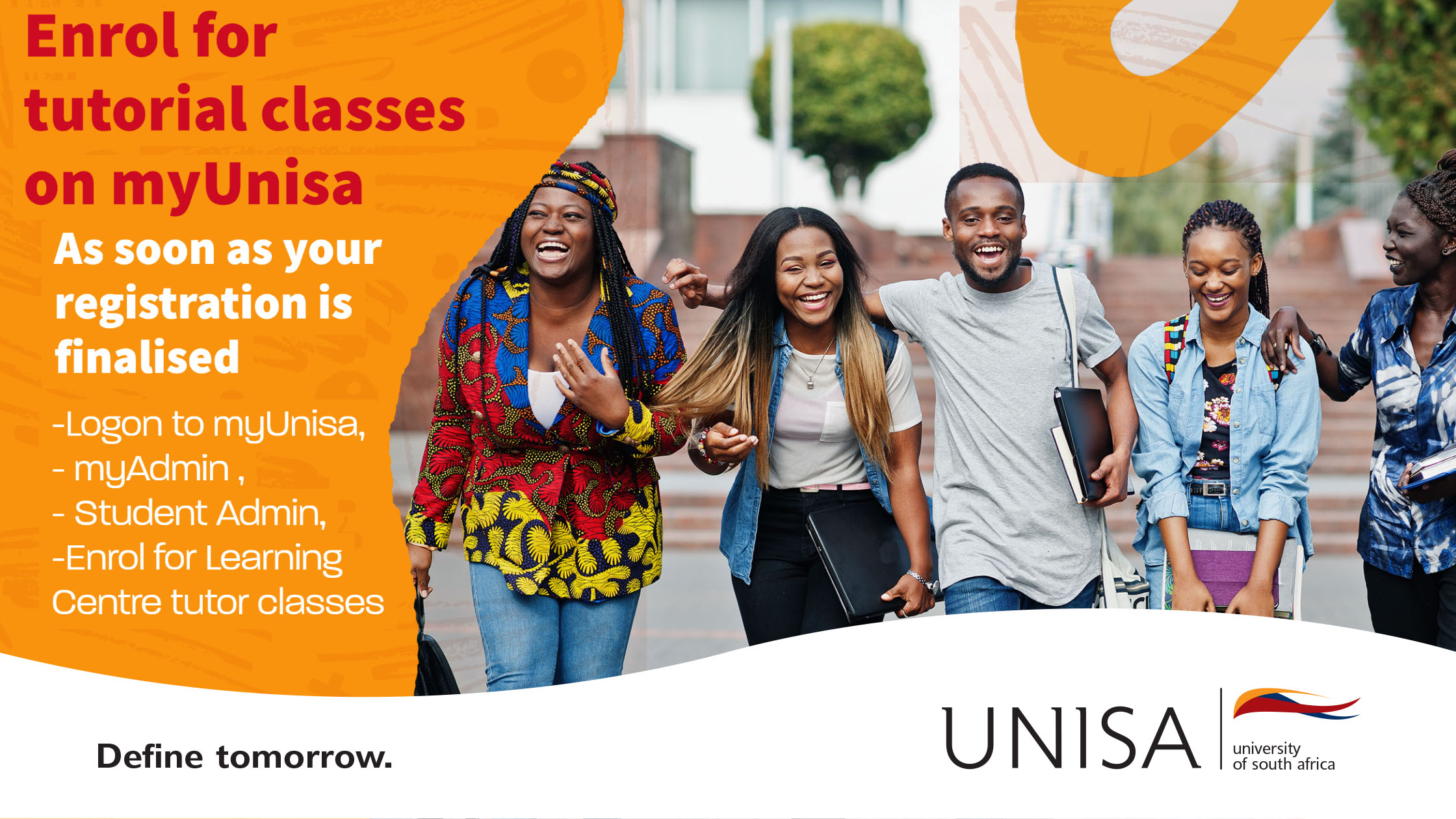Eastern Cape
Service Offerings

Academic Literacy
Our Academic Literacies Services support Unisa students from undergraduate to doctoral level in any discipline who aim to develop their literacies practices in the following areas:
- Academic language
- Quantitative literacy (academic numeracy)
- Information literacy
- Learning literacy (study skills)
Click here for more information on Academic Literacy.
Counselling
The function of Counselling Services in the region is to contribute to students’ development and academic success in an ODeL environment through counselling for career, academic and personal development, and for trauma. At this unit, we offer face-to-face counselling, telephonic counselling and e-counselling. For other counselling services, please Click here.
- The psychological impact of COVID-19 and your Unisa studies.
- Exams tips.
- Exam preparations workshop
E-mail: EL-COUNSELLING@unisa.ac.za
Phone: 043 709 0423/27
E-mail: MTH-COUNSELLING@unisa.ac.za
Phone: 047 504 1311/12
E-mail: PE-COUNSELLING@unisa.ac.za
041-392 0117/8
You can self-refer to our counselling services, meaning that if you need to discuss aspects that are affecting your studies, you can contact us directly to discuss your needs.
Learn more about Online counselling for UNISA students via MS Teams : Online counselling with Microsoft Teams (unisa.ac.za)
Use this link to book your an online counselling appointment : Unisa Counselling and Career Development (office365.com)
Visit the counselling website to access online self-help resources, covering issues including career management, study skills, managing challenges more effectively, relationship problems, and bereavement and grief. Downloads (unisa.ac.za)
Emergency contacts that you can use after hours, and on weekends for counselling support
- Higher Health 24-hour helpline: Toll-free call 0800 36 36 36 or SMS 43336
- Lifeline: 0861 322 322
- SADAG: 0800 567 567
- 24-hour helpline on 0800 456 789;
- Gender-Based Violence Command Centre (GBVCC) helpline: 0800 428 428
- ER24 in a medical emergency: 084 124.
Library
The function of Library Services is to provide students with information resources that would assist them in their studies or research. To learn more about the library services and related resources, Click here.
Student Administration
The function of Student Administration is to offer the following services: Application & Admissions, Student Funding; Registration; Assessment Administration (Assignments and Examinations); Graduations; and General Student Administration. It also has self-help facilities. For more info on applications and registration, please Click here.
For more info on the administration of assignments and exams, please Click here.
For more info on graduations, please Click here.
Tutorial Services
The function of Tutorial Services is to provide face-to-face tutorials for high-risk/ At-risk modules.The tutorial section plays the role of a link between the student and tutor in the modules that a student studies. A tutorial is learner centred and not teacher centred; in other words, it is more interactive. A tutor facilitates the learning process.
Digital Access Centres
The Directorate provides students with widened opportunities for accessing ICTs through contracting establishments within communities that have adequately functioning ICT infrastructures, such as computer facilities – these are referred to as Digital Access Centres. These facilities should have stable internet facilities, and include, but are not limited to printers, photocopiers, etc. The target group for such Digital Access Centres are students who reside in very remote rural areas, which are not at easy reach of Unisa’s regional centres. Click here for more Information.
Support for students with disabilities
Our region has facilities for students with disabilities in its computer labs and library. Should you have special needs, please feel free to contact your nearest regional service centre. For more info on facilities for students with disabilities, please Click here.
Work-integrated Learning
Other than providing referral letters to students for their work-integrated learning, the region also provides various workshops (eg job readiness workshops) and activities (eg career fairs) aimed at enhancing potential opportunities for students.
Study facilities
The region has venues of different sizes that students can use for study, meetings and related discussions.
Technology Support
The function of the Technology Support Service is to integrate technology with teaching and learning in order to enhance students’ learning experience. The following services are offered to students: access to computer laboratories and the use of computers; video conferencing facilities; computer literacy/skills training; the activation of myUnisa and myLife e-mail accounts; usage of myUnisa tools; support in online modules and liaising with community telecentres.
Last modified: Tue Jul 23 12:43:45 SAST 2024